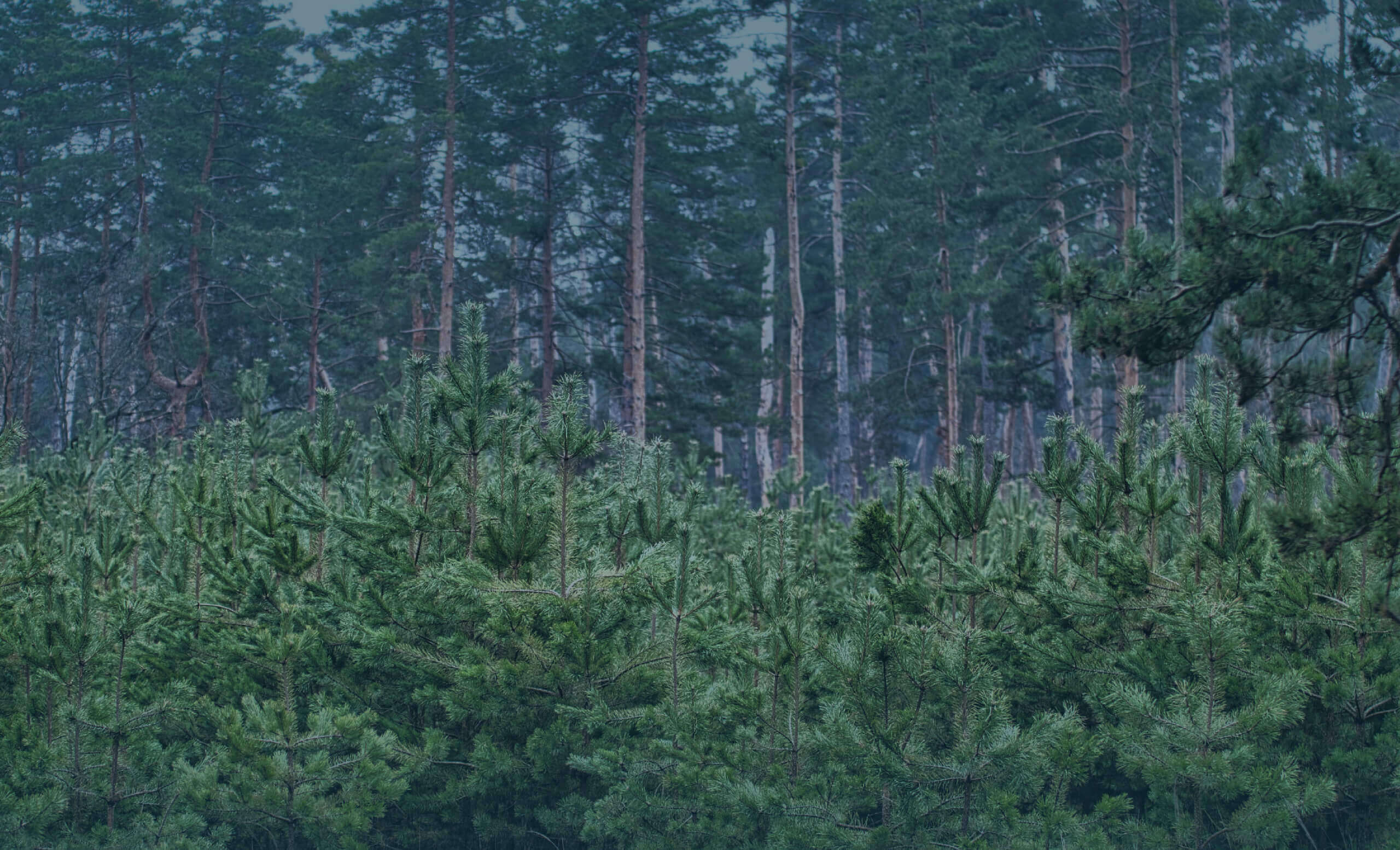
Afforestation Kazakhstan, Taraz 100ha
The company has developed a unique technology of growing the seeds in special containers using in vitro technology. The use of forest seedlings grown from genetically high-quality sources allows the result to obtain healthier and more beautiful forest plantations with richer resources of marketable wood (20, even 25- 30% more commercial wood at the age of deforestation, 15% more than the total volume of forest – stand roundwood, etc.)
This initial project is intended for the city of Taraz in Kazakhstan, with the main objective of growing 20 million trees/plantings per annum. The designated area for this project is 100 hectares. Kazakhstan’s government would be the off taker, along with its municipalities, with a 5+ year off taker contract, with the possibility to negotiate a longer term.
Upon the completion of this project, it’s feasible to develop more of these afforestation plants across Kazakhstan and assist the government in successfully reaching the 2 billion tree mark. Aside from their target goal of acquiring 2 billion trees, the main objective for that number is environmental, as there is a shortage of trees, resulting in a lack of production of oxygen.
More than 75% of the Kazakhstan’s landscape is semidesert or desert, and only 1.2% if the territory is covered by forests. This leads to substantial net deficit of wood products trade with other countries. This problem is even further aggravated by the skyrocketing wood products prices in the recent years. Thus, the government of Kazakhstan has ordered to acquire 2 billion trees by 2030 to increase forestation of the land.
Competitive advantage
Currently in Kazakhstan there are several afforestation plants, but their most significant con is that they are using very outdated technology, resulting in a decrease in efficiency and an increase in operational costs.

P2P Plant, Liepaja, Latvia